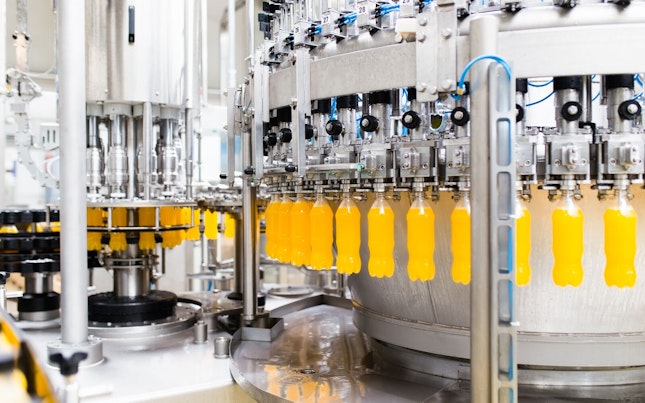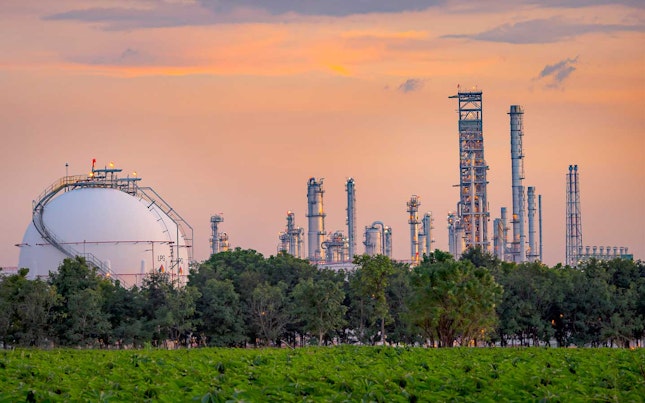As your organization transitions towards sustainable forms of energy and growing environmental responsibilities, you need to bridge the gap between current business practices and meeting the global requirements for a better future.
At SGS, we provide the world’s most comprehensive range of integrated inspection, testing, certification and advisory services, powered by the latest technology and digital tools. Our global network of experts helps you to navigate a wide range of new standards, regulations and corporate responsibilities.
Looking for something specific?
Search within Industries & Environment
Our innovative solutions enable you to ensure the integrity, safety and reliability of your activities, equipment and operations, while helping you take more sustainable approaches to infrastructure, transportation and business operations. This helps you to protect workers and the environment, generate customer confidence, enhance brand reputation, manage risk and increase business efficiency.
Morro Bento, Rua Projectada S/N,
Municipio da Samba,
Luanda,
Angola








